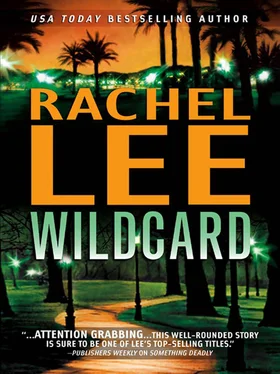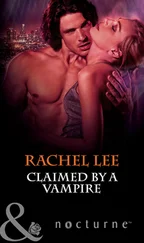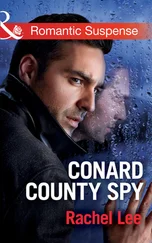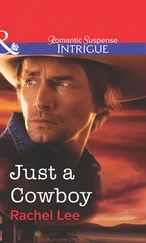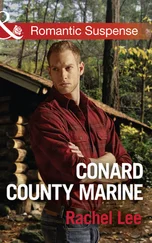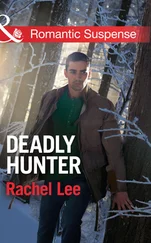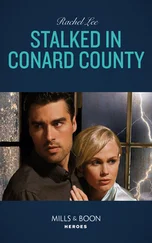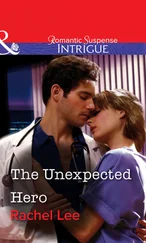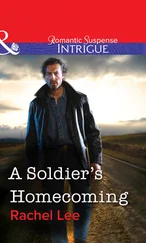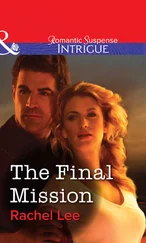Now, in a diner in Savannah, it seemed almost silly. And yet the man’s eyes were every bit as intense as they had been eighteen months ago, when Lorenzo had been walking through the catacombs. The man not only believed, he had the kind of moral certainty that Lorenzo found only rarely. A moral certainty in the faith, practice and future of the Catholic Church. The kind of certainty a priest could not easily ignore.
“The murder of your ambassador in Guatemala,” said the monsignor, shaking his head. “It has created serious problems. Problems we cannot afford to ignore.”
Lorenzo was familiar with the problems of Guatemala, having been posted to a mission there early in his career as a priest. For eight years, he had watched the people struggle with poverty, disease and war. Although they might not have understood all the reasons why, they knew the military dictator who ruthlessly wiped out one village after another was a CIA puppet. Anger was widespread, and the U.S. a common and, to Lorenzo’s mind, justified target of that anger.
Still, Lorenzo had no idea how that connected to the monsignor’s stated mission in life, or to his own vow.
“The rebels’ success will encourage others to make bold moves,” the monsignor said. “More people will die senselessly. It will be difficult for our allies to keep an eye on things that need watching. And our enemies will use that confusion to find what they are searching for and get it out of the country. That cannot happen.”
“The fabled Kulkulcan Codex,” Lorenzo said, his heart sinking.
“It might not be a fable,” the monsignor replied. “They have good information. They may be close to finding it. If it says what they think it does…”
He didn’t have to finish the sentence.
When Pedro Alvarado and Hernando Cortez led the Spanish conquest of Central America, they had found and destroyed the Mayan libraries, thousands of volumes setting forth the history, culture, religion and literature of that great people. Some archaeologists believed that as much as two thousand years of recorded history had been obliterated by the “cleansing” fire of the invaders.
Only a handful of texts had survived. The most prominent of those, the Popol Vuh, had been translated into Spanish from the Quiché Chichicastenango by a Dominican priest, Francisco Ximénez. Unfortunately, the Popol Vuh was only a fragmentary record of the Quiché Maya and their creation story. But even those fragments had disturbing correlations to the Bible. And when the Spanish had arrived, they’d also found symbols of the cross and stories of a god-man who had been sacrificed for his people.
Cortez had initially taken advantage of the legends that said the bearded, white-skinned god would return from the East, playing them for all they were worth, accepting as his due the title of Quetzalcoatl/Kulkulcan. But in the end, he was racked with guilt, wondering if he had betrayed God by playing God, wondering if he had stepped into a prophecy about Christ himself.
By themselves, the stories could be dismissed as native folklore and often were. But among the remaining poetry about Kulkulcan found in the Mayan book of prophecy called the Chilam Balaam, the Church found cause for greater concern:
When there shall be three signs on a tree,
Father, son, and grandson hanging dead on the same tree
The lost volumes, supposedly written by disciples, were rumored to have described the historical figure of Kulkulcan in detail, including his arrival in the early second century and his teachings. If copies of this Mayan codex existed, and if they said what they were rumored to say, Kulkulcan, also known as Quetzalcoatl to the Aztecs and Viracocha to the Incas, was none other than the firstborn son of Sara, the daughter of Mary Magdalene. None other than the grandson of Christ, descendant of a marriage the Church had denied for two thousand years.
Kulkulcan—a priest who claimed to be the son of the only god, who taught monotheism, peace and justice, who condemned human sacrifice and whose arrival catapulted a people to hitherto unknown heights of civilization—could well be the grandson of Jesus of Nazareth.
“What do you want me to do, Monsignor?” Lorenzo asked.
“Go back to Guatemala.”
“Are you mad?” Lorenzo asked. “Need I remind you that Americans are not popular down there right now? That was why I was removed in the first place, and it’s gotten much worse in the last fifteen years.”
The monsignor shook his head. “You still have friends there among the people. They will remember you. They will trust you.”
He leaned forward and looked into Lorenzo’s eyes. “Find the codex, Father, if it exists to be found. And if you find it, guard it with your life.”
Washington, D.C.
“Anything?” Miriam asked as Tom scanned the computer printouts spread across his desk.
“Maybe,” he said.
She’d been watching his growing excitement for the past hour and a half. She recognized the signs, the subtle cues of a born predator that has caught whiff of prey. These were the same facial tics, the same body posture, the same gleam in his eyes that had first attracted her notice. He had not been just another eager beaver law school grad who had signed on with the FBI. He’d had that air of a relentless hunter about him, even then.
“What do you know about sheep ranching?” Tom asked.
Miriam looked at him. “Are you back on that Idaho militia thing? I thought we’d dismissed them as cranks.”
Tom shrugged. “I decided to run the financials on all the groups. No stone unturned, eh?”
“I suppose,” Miriam said. “I’d feel better if I knew we were turning over stones in the right garden.”
“Well,” Tom said, “that’s just it. Most of the groups we’ve looked at are unfunded nutcases. Many of them aren’t even groups at all, judging by their financials. Turns out most of them are some lone wacko with a Web site and an inflated sense of his own importance.”
“But you found something in the Idaho financials?” she asked.
Tom nodded. “Maybe. I mean, have you ever been to a sheep ranch?”
“No,” Miriam said. “Have you?”
“Once, as a kid. School field trip.”
“And?”
“It was a small operation, like Dixon’s,” Tom said. “A lot of grazing land. The rancher showed us how his dogs rounded up the sheep, and the shearing shed, and so on.”
“And your point is?” Miriam asked.
“Why would a sheep rancher need a fleet of five Hummers? One, I can see. But five?”
“Employees? I dunno. Something to bounce over the pastures and round up the strays?”
Tom shook his head. “He’d use a horse or dogs. An SUV wouldn’t be agile enough. A sheep rancher might use a Hummer for riding his fences, or for towing, but neither of those is an every day or even an every week chore. As for employees, from what I can see, Wes Dixon doesn’t have a huge operation. It’s a small ranch. So why five Hummers?”
She held up her hands. “You’ve got me, Tom. Maybe he bought them for his militia?”
He shook his head, studying the printouts again. “Maybe. But they wouldn’t be all that useful for your run-of-the-mill citizens’ militia group, and a Hummer is an expensive SUV, even if it’s a base model rigged out for ranch work. He took out a loan for two hundred fifty thousand dollars to buy a fleet of five. And guess where he got the loan?”
Miriam’s heart skipped a beat. “His brother-in-law’s bank?” she asked.
“Bingo. Now, there’s no big surprise there. Edward Morgan is a nice brother-in-law, so he pulls a string or two to make sure his baby sister’s husband can get a loan for some new ranch equipment.”
Читать дальше
